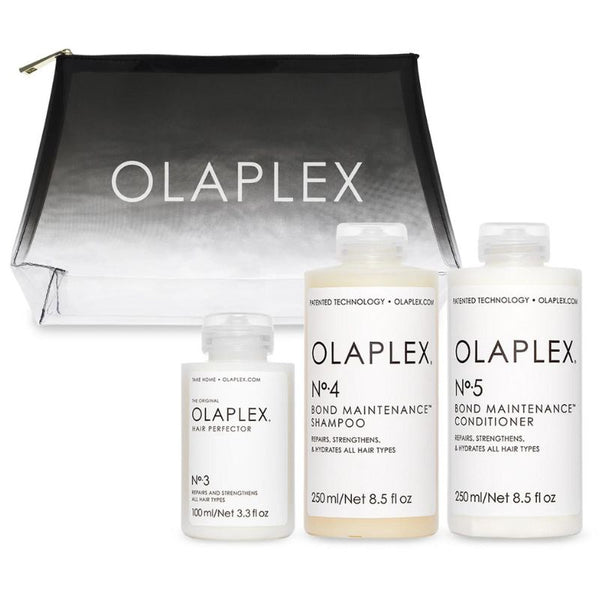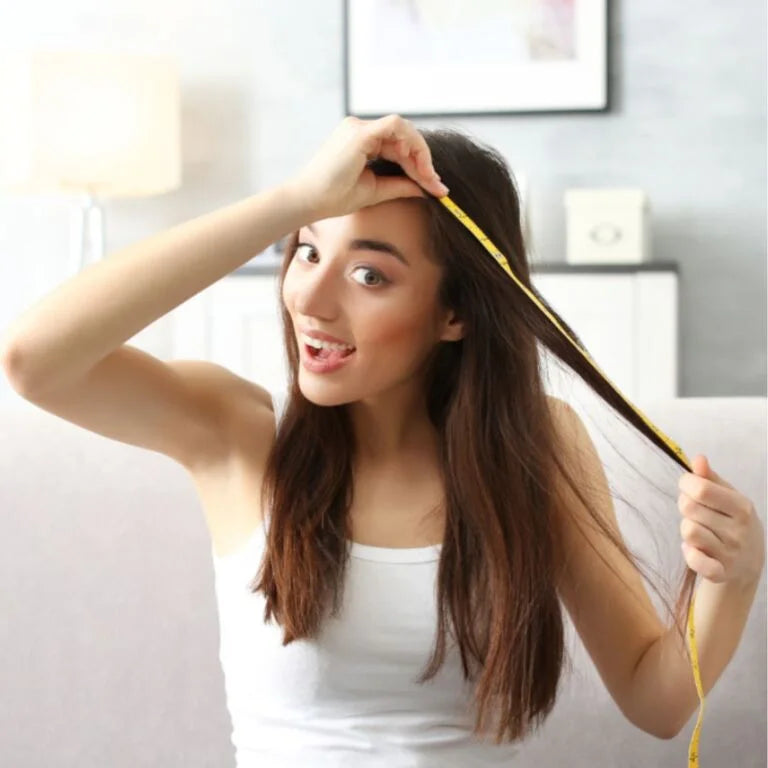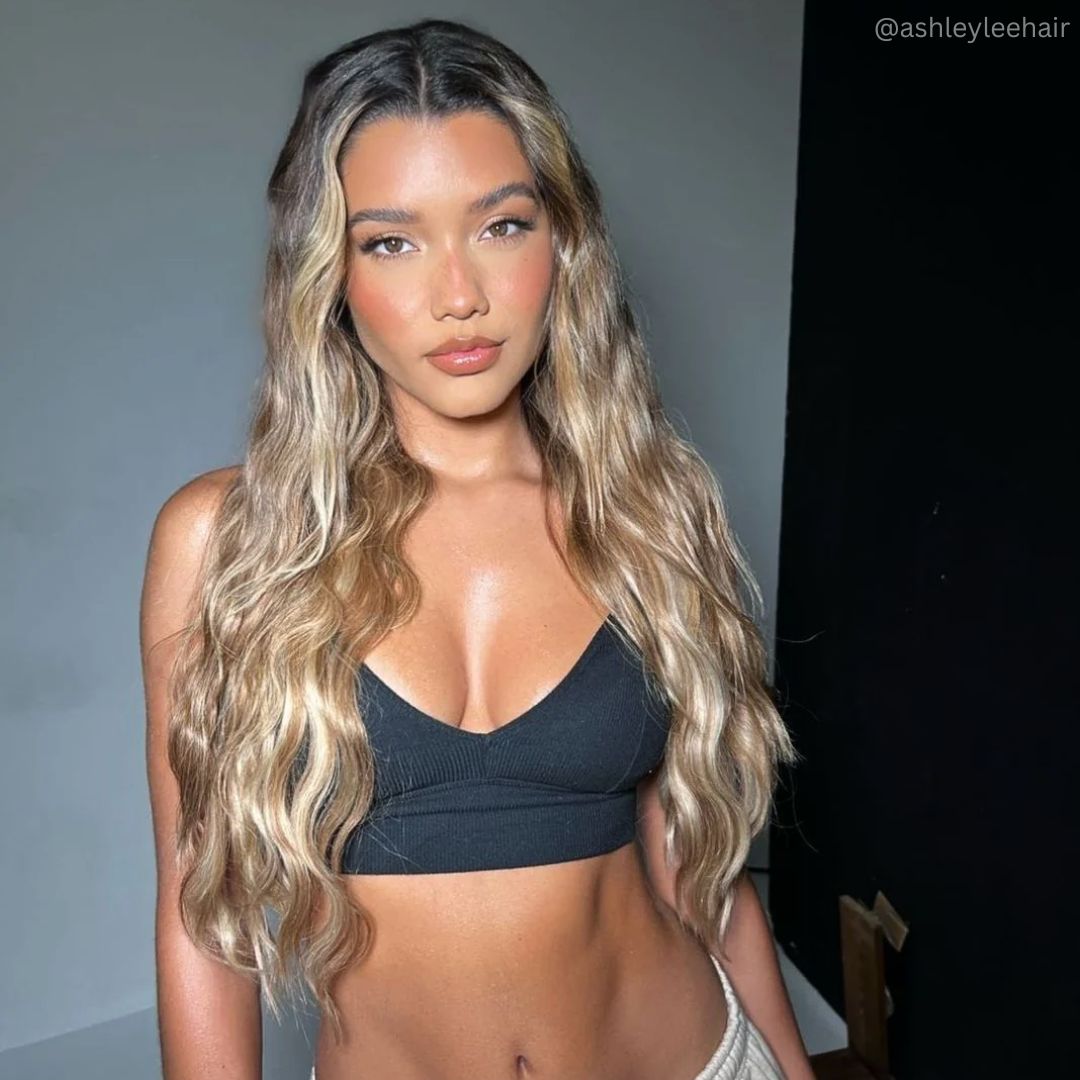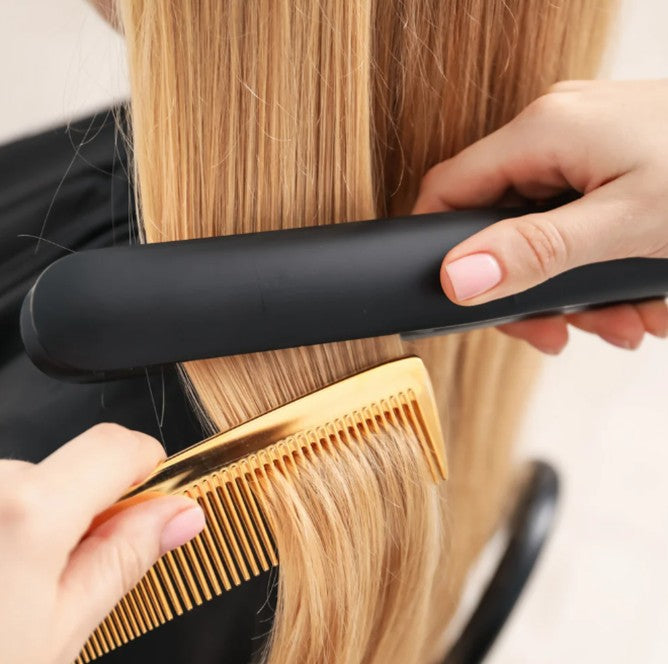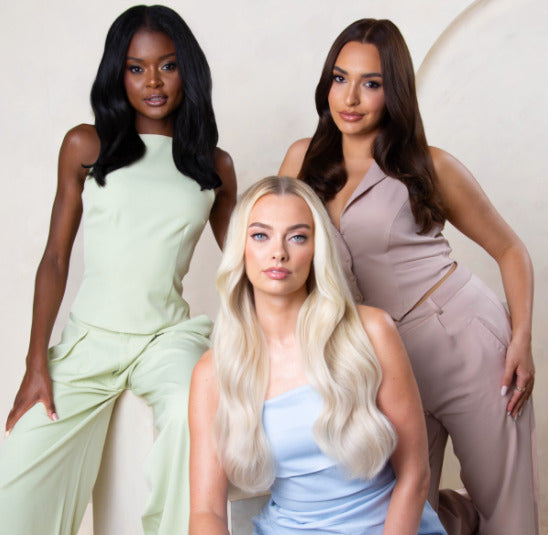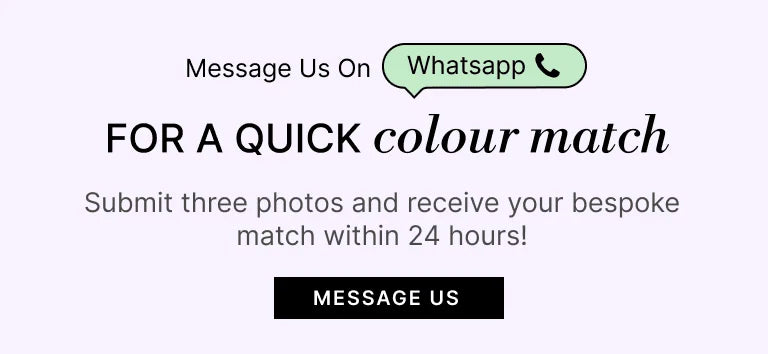Stylist Series: Top 10 Questions Asked About Hair Extensions
by BRENDA L. / 22 JUIN 2022

Reading Time: 7 Minutes
Index
Our specialist Advice team at Cliphair have shared the 10 questions they get asked the most by customers about hair extensions. The questions cover a variety of topics like dying, washing, application tips and includes both Clip-In Hair Extensions information and permanent types too.
1. How to wash bonded hair extensions?
Bonded hair extensions are attached for several weeks at a time before removal, this is known as a permanent hair extension. They are attached to the hair using a heated connector tool that fuses the Keratin bond onto the natural hair. When you have any permanent hair extension attached you should follow the rules below when washing your hair to avoid any damage to your hair or your extensions.
- Always have your head tilted backwards when washing with the water aimed downwards, NEVER wash your hair tipped over the bath or sink. Having the hair tipped upside down could cause matting and severe knots so it's best to always wash with your head in the correct position.
- Use the correct shampoos and conditioners. You should avoid any shampoos with sulphate and alcohol in as these will dry your hair out and could also degrade the quality of the tips of the extensions causing them to slip out.
- We recommend 2 good, thorough washes with shampoo and then a condition on the mid-lengths and ends of the hair to keep it in great condition. Avoid using any conditioner at the roots.
- For Bonded Hair Extensions you should aim to wash the hair 1-2 times per week maximum.
2. How much do Hair Extensions cost in a salon?
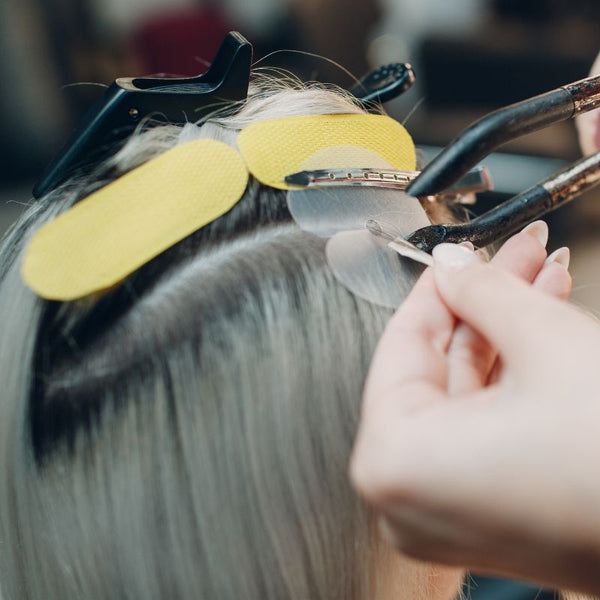
It completely depends on the length, color, amount, quality and type of hair extension you're using. Longer lengths and lighter colors tend to be slightly pricier as they are more difficult to create. Human hair extensions are also more expensive than synthetic hair however they last much longer and can be styled, washed and dyed just like natural hair so it is well worth the investment.
3. Can you let hair extensions dry naturally?
For Clip-In Hair Extensions, if you have the time, allowing the hair to dry naturally after washing is better than using heat to dry them. The less heat you use on hair extensions the better, most human hair extensions will dry with a slight wave to them giving a natural finish.
For Permanent Hair Extensions you should dry straight after washing to avoid any dampness or bacteria forming in the attachments, especially with Hair Wefts or Weaves. You should never go to bed with wet hair when you have extensions as this could encourage matting and knots to form at the roots which can damage your own hair.
knotted hair and tangled hair can be frustrating that's why we have some advice to help you prevent tangles and knots in our how to take care of tangled hair blog.
Before using a hair dryer or any heated styling tool on hair extensions you should use a Heat Protection Spray, this will create a barrier between the hair and heat to prevent breakage and reduce damage.

4. How to hide Hair Extensions in thin hair?
It can be tricky to conceal certain hair extensions in thin and fine hair, this is why it's super important to only use methods that are suitable for your hair type. Bulky hair extensions like Weaves, Wefts and extra thick Clip-Ins are best used on thicker hair as there is enough hair to hide the attachments and hold the weight.
For thin hair the best Clip-In hair extensions are our Classic Full Head or Seamless Hair Extensions. The seams of both these sets are super small and flexible, making them discreet in even the finest of hair. For a longer lasting method Nano Ring Extensions and Tape-Ins are a great option as they are specially made for thin/fine hair.
If you have thin or fine hair and you want to know more about the best extensions for your hair type check out our best hair extensions for thin/fine hair blog.
5. Can I use Olaplex on Hair Extensions?
Yes! Olaplex is not just for your own hair, you can absolutely use it on your Hair Extensions too. As the shampoo does not contain Sulfate, its totally safe to use on your hair. Olaplex has written a great article on how to use it on your hair, click here to read more.
6. How to sleep with Hair Extensions?
During our sleep we tend to fidget and our hair can get a little knotty, hence the phrase “Bed-Head”. For this reason Clip-Ins and Ponytails should be removed before sleeping to prevent the clips rubbing against the natural hair and scalp causing knots and tension on the head.
For all Permanent Hair Extensions like Tapes, Nanos, Micro-Rings and Weaves you should loosely braid your hair before bed to minimise the matting caused by movement in your sleep. Another plus of wearing a loose braid to bed is that you wake up with gorgeous, natural waves when the braid is untied, reducing the need to style with heat. We also advise to sleep on a satin pillowcase as it is softer against the hair extensions which reduces frizz and damage.
Discover what you can do do to proect your hair and how to sleep comfortably with hair extenions in our 10 protective hairstyles for sleeping guide.

7. How long does hair need to be for extensions?
Your hair should be at least 4-5 Inches long to wear hair extensions and be able to cover them well. Any shorter than this and you will struggle to hide the attachments of Clip-Ins. If you have hair that is 3-4 Inches you may be best to use Nano Ring Hair Extensions which are tiny, keratin tipped permanent hair extensions.
8. How to get Tape Extension glue out of hair?
Tape-In Extensions are not generally difficult to get out of the hair, with a few sprays of a good remover they should slide right out. However, like with everything, there are exceptions and you can find yourself stuck with a stubborn tape that does not want to budge.
First, make sure you are using a good quality Tape-In Hair Extensions Remover and enough of it. Our remover at Cliphair is rated number 1 on Amazon and is one of our top selling products! Made from citrus oils and natural ingredients it gently removes the tapes from the hair without leaving a harsh alcohol smell or dry texture on the hair.
If the Tape is still not moving you can use the end of a pintail comb to help. Simply apply another layer of remover on the weft and use the pin to gently prise open the Tapes, once you have managed to get them open spray more remover inside of the Tape sandwich. You should now be able to continue this pattern of using the pin, spraying and opening until eventually the 2 tapes come apart.
It's super important after the removal of each weft that you comb the hair with a fine toothed comb, this will remove any leftover glue out of the hair. If you find the glue hard to remove simply spray more remover directly onto it and gently rub with your fingertips to pull it away. After the removal, wash the hair with a clarifying shampoo to get rid of any residue.
9. Can you lighten Hair Extensions?
Even though human hair extensions can be dyed they must never be bleached or lightened. You should only ever dye extensions darker or tone them, this should be done with a semi-permanent dye or a very low level peroxide. As the hair has been removed from its natural root it no longer gets all the nutrients it needs to survive so taking special care of extensions is super important to prolong the life span. Dying, heat styling and even washing will slowly strip away the natural oils on the extensions so the less you do to it the longer they will last.
10. Can you dye Hair Extensions while in your head?
We wouldn't recommend dying your hair whilst you have extensions attached. Firstly, the dye will degrade the bonds or seams causing them to possibly slip out of the hair. You can also end up with residue stuck in the rings or attachments which can cause bacteria to form which leads to scalp irritation.
Looking for flawless, salon-worthy hair without breaking the bank? At Cliphair, we’ve got you covered with luxurious clip in hair extensions for quick transformations and permanent hair extensions for long-lasting glam. Extensions require special care and maintenance to preserve their quality, which is why we have all the top-notch hydrating haircare products needed to keep your style on point.
Need the perfect shade? Browse our full range of human hair extensions in over 70 rich, silky shades or check out our FREE Express Color Match Service to ensure a seamless blend every time.

